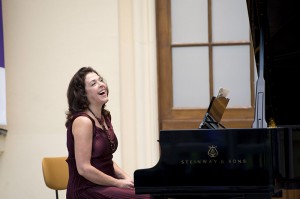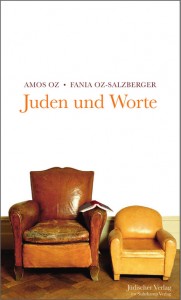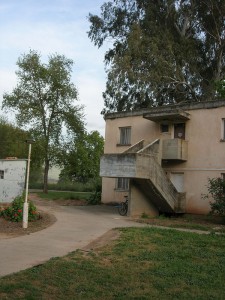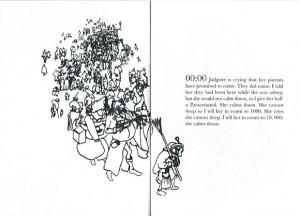An Interview with Elena Bashkirova
From 7 to 11 May, we will host a chamber music festival in the museum’s Glass Courtyard. Katharina Schmidt-Narischkin and Sylvia Winkler of our press office spoke in advance with the festival’s director Elena Bashkirova.
Press office JMB: As festival director, what themes have you chosen to emphasize this year?

Elena Bashkirova, festival director and pianist
© Monika Rittershaus
Elena Bashkirova: Our themes have been determined this year by two anniversaries: on the one hand, the start of the First World War 100 years ago and its impact on music; on the other hand, the 150th birthday of Richard Strauss. Both anniversaries augur a varied program for “intonations”: 1914 saw an astonishing richness of musical styles, which our concerts will reflect. And Strauss composed chamber music nearly his entire life, so I have a wide range of pieces and genres to choose from.
Every year at “intonations,” chamber music classics can be heard together with unknown works. What composers should visitors expect to discover in this third season?

David Robert Coleman, composer and conductor © private
Rudi Stephan was an extraordinary discovery for me. I heard Music for Orchestra and Violin a few years ago here in Berlin. I was impressed and deeply touched by it. As I was putting together the programs for “intonations,” I found his gorgeous chamber music and was delighted to have the chance to present it here with my colleagues. Rudi Stephan died in the war when he was 28. Given his talent, he would otherwise have certainly provided us with more outstanding music.
There will also be another world premiere: the fourth concert, on Saturday 10 May, will open with David Coleman’s “Three pieces for clarinet and piano.” Another significant composer this year will be Karol Szymanowski. He has his own tonal language, writing hauntingly beautiful music that unfortunately is played much too seldom. → continue reading
A Birthday Tribute to an Inquisitive Storyteller

Book cover of the German edition of “Jews and Words”
© Jüdischer Verlag im Suhrkamp Verlag
On the occasion of his 75th birthday on 4 May, we wish to congratulate Amos Oz, a great writer who visited the Jewish Museum Berlin no less than twice last year. The award-winning Israeli author—he has received, inter alia, the Peace Prize of the German Book Trade (1992) and, more recently, the Franz Kafka Prize for Literature (2013)—and his daughter, the historian Fania Oz-Salzberger, presented their jointly written book Jews and Words (2012) here last October. In four highly entertaining chapters, “secular Jewish Israelis” draw on the genealogy of reading and writing to trace historical continuity in Jewish traditions. They ask which female poet may have penned the Song of Solomon, reflect on other “vocal women,” and philosophize on matters such as the importance of time and the interplay of collectivism and individuality.

Building in a real kibbutz, photo: Mirjam Bitter

In March 2013, Amos Oz paid a visit to the Museum wearing his literary author’s hat, so to speak, to present his latest publication Between Friends (2013, Hebr. original Be’in Khaverim 2012). The eight interconnected short stories in the volume are set in the fictitious Kibbutz Yekhat and immediately attest the author’s familiarity with kibbutz life. Oz left his intellectual father’s home for a kibbutz at the age of fourteen and a half, and lived and worked there for three decades. His descriptions of typical kibbutz settings—the communal laundry, kitchen, and dining room, the cowsheds and chicken coops, huge orchards and swimming pool—instantly made me feel at home, too, since I lived for a while on a kibbutz in the late 1990s. Discussions at Yekhat about the children’s house, on the other hand, situate the action specifically in the 1950s, the Golden Age of kibbutzim.
The stories deal with the universal constants of human nature: love, loneliness, and the struggle to make major decisions in life. → continue reading

Excerpt from “The Guardian / Sycamore Group”
© Atalya Laufer
One of the works in our art vending machine is a booklet which provides an insight into the inner-workings of many of the Israeli Kibbuzim. With sober drawings and a text that is based on archival documents, artist Atalya Laufer (b. 1979) exposes a particular aspect of growing up on a Kibbutz. As one of the last generation of children to be raised in communal children’s houses (Batei Yeladim), she takes us on a journey through time and into the passing world of the Kibutzim.
The text in the booklet is based on protocols of night shifts that were taken in the early 1970s. In these protocols incidents and particularities in every house, during every night shift, had been recorded. Owing to these we can readily reconstruct the daily life in children’s houses. → continue reading





